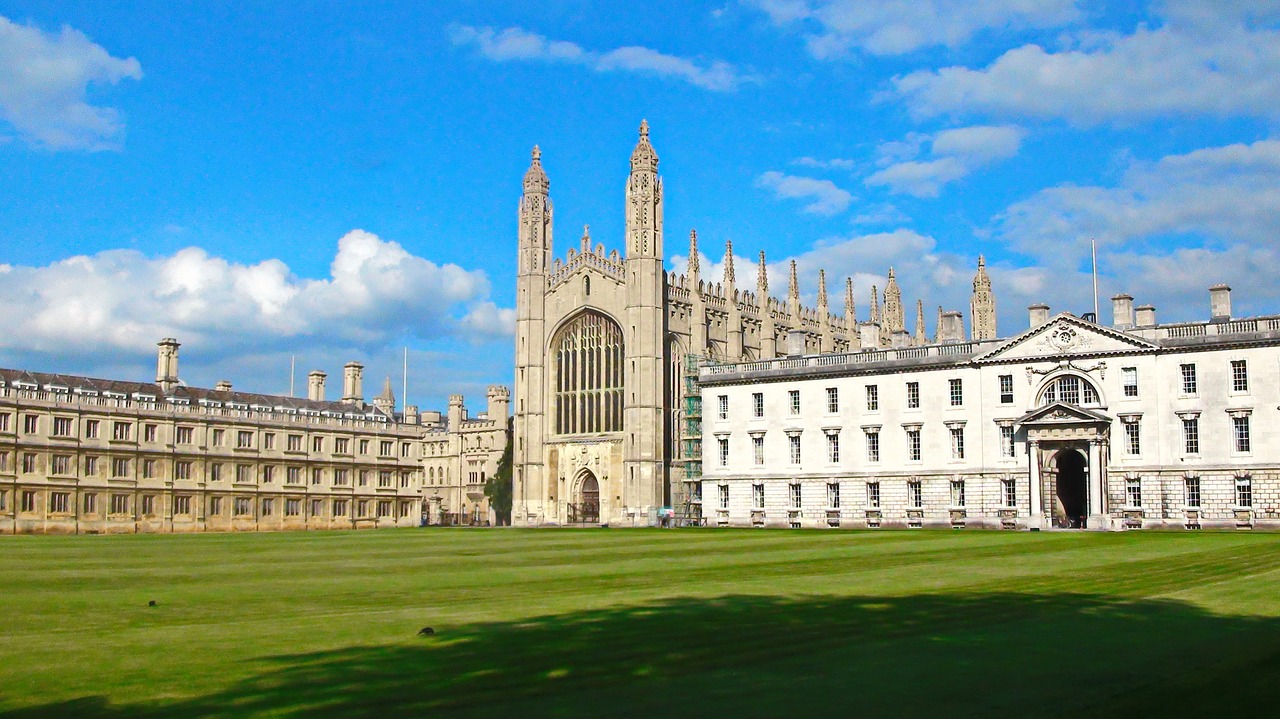Hungarian students are looking for new destinations after Brexit

Following Brexit, it could easily happen that those coming from the EU will spend two to three times as much on university and college education in the UK from the next school year as before. No wonder Hungarian students are choosing other European higher education institutions in search of alternatives.
Veronika, who is graduating this year from a reputable high school in Budapest, had a long desire to continue her studies in Scotland, where so far, education has been free for EU students. Her primary reasons include improving her English in an English-speaking country, and the simple fact that the cost of a Scottish education could be covered by the family budget, writes Index.hu. But Brexit happened, and Veronika’s original plans changed.
As she says, after the painful disappointment of the first emotional shock, the alternative choice finally came to Veronica. The target is now Ireland, where she wants to pursue the same field as in Scotland: Economics. This is fortunately available at several Irish universities. She will submit her application by the deadline of January 20, and then, based on the points obtained in the graduation exams, it will be determined in August whether the admission was successful.
Veronika is also one of the students who, as an EU citizen, can now continue to study in the UK under the same conditions as students from outside the EU before 31 December 2020. That is,
Brexit will increase the price for future students in the UK. Instead of the current 9,250 pounds (more than 3.6 million forints), fees for EU students who would like to study in British higher education will increase to between 10 and 38 thousand pounds (about HUF 4-15 million) per year.
In addition to tuition fees that may double or triple, from the next school year, EU students will miss out on the opportunity to apply for reduced student loans previously available to them. This is a huge loss because many consider the British student loan scheme much more “friendly” than it is in Hungary since, previously, it covered 100% of students’ studies and was relatively easily accessible for everyone.
This previously relatively easily available loan covered virtually all the costs students studying in the UK paid for their studies. Although they had to apply for it, this mostly meant paperwork. Almost everyone received it, and it only had to be repaid when the student’s income reached a certain level, which was relatively high for a Hungarian, says Balázs Lévai, the co-founder and managing director of the Engame Academy, which helps secondary school students to study abroad.
In addition to the fact that Brexit complicates administration in the area, as Hungarian students have so far been able to study in the UK without a visa, at the end of the transition period, those coming for more than six months must apply for a student visa, which costs an additional £812 (approximately HUF 300 thousand) for them.
Although Hungarian students will be forced to pay international tuition fees instead of the British one from September, it is important to note that the 38,000-pound tuition fee is the top. The highest-priced courses are typically medical courses, for which Hungarian students have hardly ever applied. In most cases, UK universities will certainly not ask for this amount.
Many British higher education institutions are trying to find a solution.
The University of Essex or the University of Stirling, among others, have already announced their special scholarships for students from EU member states, which offer tuition reductions of up to £5,000 to £8,000.
British universities have been opposed to Brexit from the start, from which we can conclude that rescue solutions are being made for the future. It is possible that the private scholarship system will be much more prominent and will take over the role of public student loans. In the case of Master’s degrees in Great Britain, student loans can only be taken out from banks, Balázs Lévai says, outlining the possible scenarios. According to Balázs Lévai, after Brexit, indeed, many abandoned the plan to study in the UK, even though the entire admissions cycle is far from being over.
A typical alternative now is Ireland, although by far not the most popular as the admission requirements are rather strict. Among those with a stable knowledge of German, Austria and Germany, which provide free higher education, have been an evident goal for a long time, and they remain so. As for those with strong English speaking skills, the Netherlands is now the primary goal, adds the head of the Engame Academy.
- Brexit to influence higher education in Hungary
- ECJ: Hungarian law on higher education breaches EU law
The Netherlands could also be a financially attractive offer as the first year at local public universities costs a thousand, then two thousand euros for EU citizens – especially since the average Hungarian paid higher education courses also cost approximately as much. Not to mention that we can easily find strong, high-quality university courses in the Netherlands, all in a wide selection, also available in English.
At the same time, Denmark, Italy, France, Spain, and the Scandinavian countries can also expect a growing interest. After all, the only question left is what proportion of those wanting to study in Britain will now apply instead to Dutch and other European universities.
Source: Index.hu

